Iran (IMNA) - This remarkable achievement highlights Yazd's importance as a hub for international discussions and collaborations within the ACD, further showcasing the city's deep-rooted heritage and timeless charm.
As Iran assumes the presidency of the ACD since October 2023, the selection of Yazd over strong contenders like Kerman and Mashhad solidifies its position as a prominent center for cultural exchange and cooperative diplomacy. The decision reflects the recognition of Yazd's outstanding contributions to fostering economic, social, and cultural growth within the ACD.
Established in 2002, the ACD has grown into a significant platform with 35 member nations, dedicated to promoting regional cooperation and development. This designation of Yazd as the tourism capital underscores the city's pivotal role in facilitating dialogue and advancing mutual understanding among diverse cultures and nations.
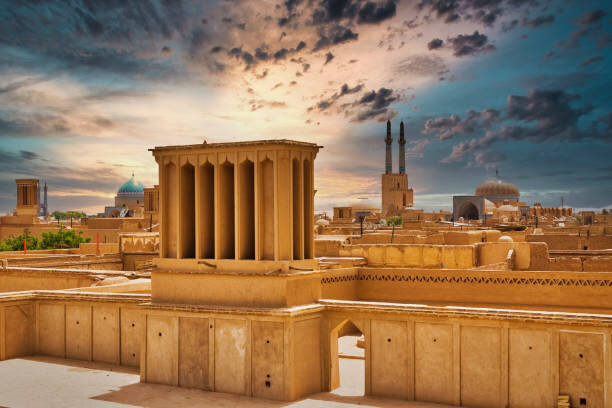
Yazd, Iran's UNESCO World Heritage City, Shines as a Beacon of History and Culture
In a remarkable testament to its historical significance, Yazd, Iran's adobe city, has been designated as a UNESCO World Heritage site. This prestigious recognition solidifies Yazd's position as a global icon, renowned for its architectural wonders and rich cultural heritage.
Yazd's captivating charm lies in its collection of historical monuments that weave together a vibrant tapestry of the past. From the mesmerizing wind towers that dot the skyline to the intricate maze-like alleys of the old town, the city is truly a treasure trove of ancient marvels.
As the "land of wind towers," Yazd showcases its unique architectural prowess, where these traditional structures serve as a testament to the ingenuity of its ancestors. These remarkable structures have not only withstood the test of time but also continue to shape the city's identity and allure visitors from around the globe.
With its newly acquired UNESCO status, Yazd now assumes a prominent role on the global stage. It stands as a guardian of ancient traditions, preserving the essence of a bygone era while embracing modernity. The city serves as a vital bridge, fostering dialogue and collaboration among nations, promoting cultural exchange, and enriching the global understanding of history and heritage.
Yazd's ascent to UNESCO World Heritage status is a testament to its enduring legacy and unwavering commitment to preserving its historical treasures. As the city continues to showcase its unique blend of history and culture, it invites travelers to embark on a journey through time, immersing themselves in the captivating stories and enchanting accolades of this remarkable destination.
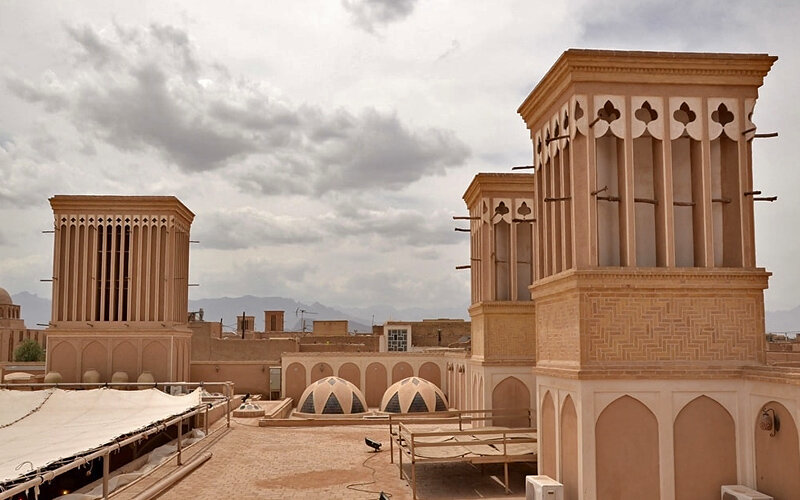
Yazd's Historical Core Receives UNESCO World Heritage Status, Showcasing Intelligent Resource Use
In a significant achievement for the city of Yazd, its historical core has been officially recognized as a UNESCO World Heritage site, as announced in July 2017. Renowned for its charm and captivating allure, Yazd has consistently been hailed as a must-visit destination by countless visitors. The city's distinctive character is embodied by its abundance of mudbrick houses adorned with innovative badgirs, or wind catchers, which serve as a testament to the region's architectural ingenuity. Wandering through the atmospheric alleyways, one encounters a multitude of Islamic and Iranian monuments that contribute to the mesmerizing cityscape.
Experts specializing in cultural heritage firmly believe that Yazd exemplifies the remarkable ability to adapt and thrive amidst limited resources in the desert. The qanat system, an ingenious method of water distribution, plays a pivotal role in sustaining the city's inhabitants. Each district within Yazd is intricately connected to a qanat, ensuring a communal center for the residents. This intelligent utilization of natural resources not only showcases the city's historical significance but also underscores its resilience and ingenuity in the face of challenging environmental conditions.
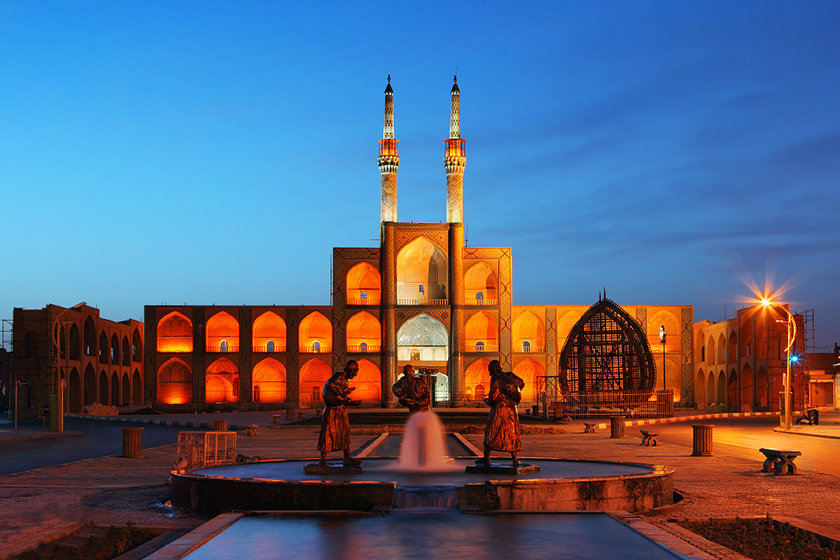
Yazd's Historical Core Showcases Architectural Brilliance and Religious Harmony
Yazd, a city rich in architectural heritage, proudly showcases its historical core filled with mudbrick houses, bazaars, public bathhouses, water cisterns, mosques, synagogues, Zoroastrian temples, and centuries-old gardens. The use of earth in construction is evident in the city's buildings, which feature walls, roofs, vaults, and domes made from this natural material. Notably, houses in Yazd are ingeniously designed with courtyards below ground level, serving as underground areas. This unique architectural approach, combined with wind-catchers, courtyards, and thick earthen walls, creates a pleasant microclimate within the city.
Beyond its architectural brilliance, Yazd stands as a testament to religious harmony. The city embraces the peaceful coexistence of three major religions: Islam, Judaism, and Zoroastrianism. This divine convergence fosters an atmosphere of unity and respect among the followers of these faiths. Yazd's historical core not only captivates visitors with its stunning architecture but also serves as a symbol of religious tolerance and understanding.
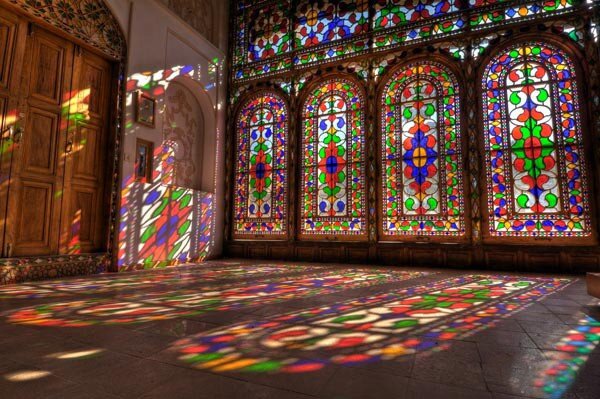
Ancient Qanats in Yazd: A Lifeline for Centuries
Yazd, a historic city in Iran, boasts an impressive network of qanats that have supported agricultural and permanent settlements for thousands of years. These man-made underground channels, meticulously carved by skilled craftsmen, rely on the flow of snow-fed streams cascading down the foothills of the surrounding mountains.
The origins of Yazd's water supply can be traced back to the Sassanid era, which spanned from 224 to 651 CE. However, these remarkable qanats have not only withstood the test of time but have also been continuously repaired and utilized throughout history. It is worth noting that the majority of the surviving Ab-Anbars, traditional mudbrick cisterns, can be attributed to the late Safavid and Qajar periods.
These ancient qanats in Yazd serve as a testament to the ingenuity and resourcefulness of past civilizations. Despite the passage of centuries, they remain a vital lifeline, ensuring the availability of water for both agricultural needs and the sustenance of thriving communities.
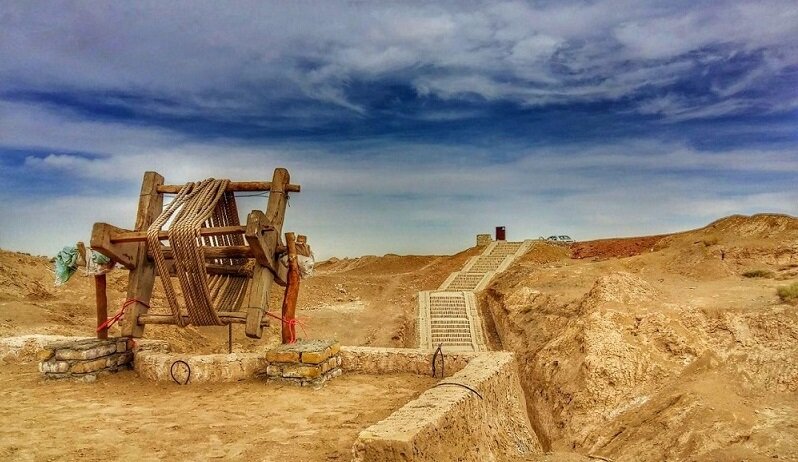

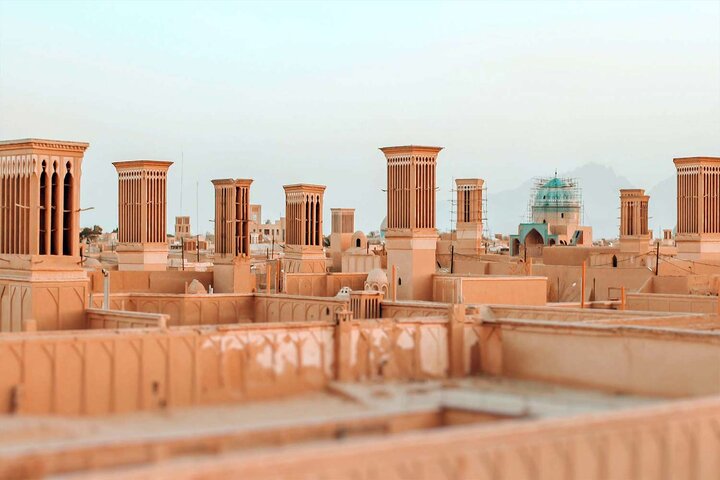
Your Comment